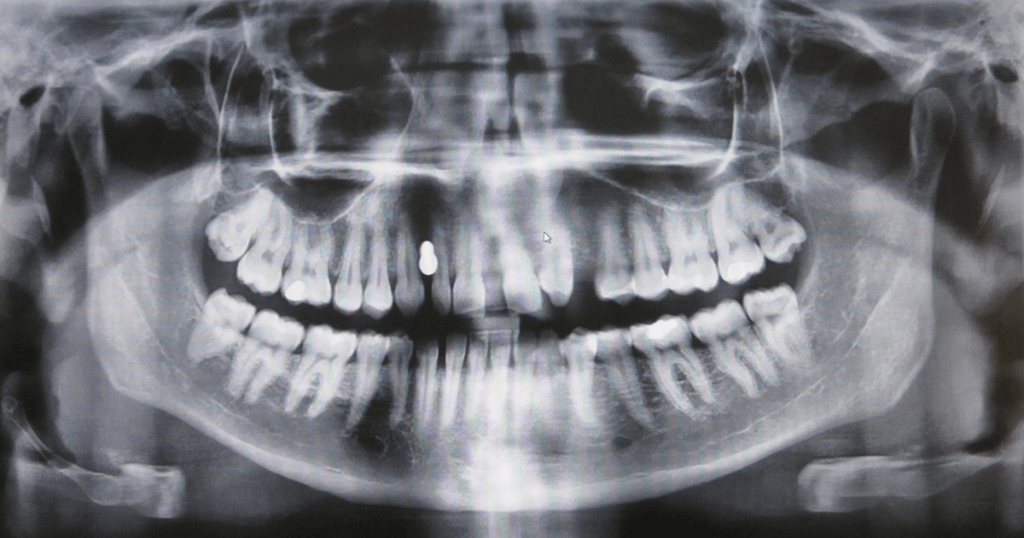
Dental work in Spain is expensive compared to doctor’s visits, bloodwork, and even hospital stays, because health care is cheap, compared to heath care in the States. In Spain, where you can get a gall bladder removed or a broken bone set or have a baby for free, it seems reasonable to wonder about paying for dental work. “Should I really spend that much just for a tooth?” you might ask of a root canal your dentist has suggested.
You’d still be better off doing it in Spain than in the States, where the same procedure, whether it is a filling, a root canal, or a crown, seems to cost twice as much. You do ask, though, because there is always the free alternative of pulling the tooth, the only dental service offered by the health care system.
My dentist asked what I wanted to do about the wisdom tooth giving me trouble. A root canal would save it, pulling would be cheaper. Very cheap, I knew, if I rose from his dental chair and asked my family practitioner for a referral to the health care dental service. I wasn’t going to do that. I’d rather ask my dentist what was best, and then trust him to do it, than look for a cheaper alternative. Pull it was his advice, and so I returned a few days later to have that done.
In perverse preparation, I reread a short story called “Morrison’s Reaction,” by Stephen Kirk. I had read the story in my first creative writing class in college, and though the teacher’s reasons for assigning it are long forgotten, I’ve remembered the rage that the point-of-view character, a dentist, felt toward his patient. In the story, the patient goes to the dentist with some complaint, gets advice, makes a point of ignoring it, returns with his dental problem much bigger, gets a scolding this time from the concerned and bewildered dentist, and coldly orders the dentist to just do his job and remove the offending teeth. He rudely refuses the dentist’s painkillers.
The dentist, infuriated by the patient’s attitude, bends to the task. Eventually his dislike and anger provoke him into inflicting unnecessary pain on the patient, who blanches but bears it without a shout or grimace. The dentist, shaken to find himself turned into a sadist by the patient’s offensive attitude and incomprehensible disregard for his own heath, finishes his work. He’s panting with the effort of pulling all the man’s teeth. I close the book, a little shaken myself. I’m afraid of the dentist—not my own dentist, but dental visits in general. The tension of keeping my mouth open, the cotton pads wedged against my gums, the gushing water and the suck of the hose to remove it, the altered terrain for my tongue, the shrill pitch of the drill, and the dentist, so close, peering at me, peering into me—well, what could be worse? Not much. Hence the story to remind me that yes, it could be worse.
Afterward, even if I’ve only had a cleaning, I walk shakily away. Every time. It’s been horrible. But it’s wonderful to survive. Every time.

